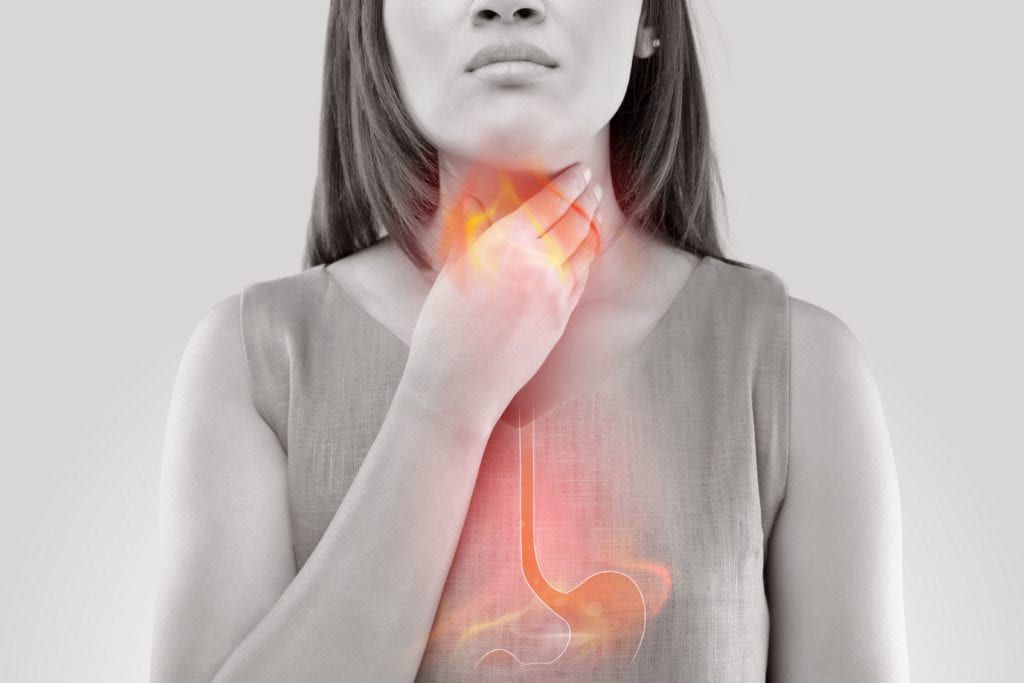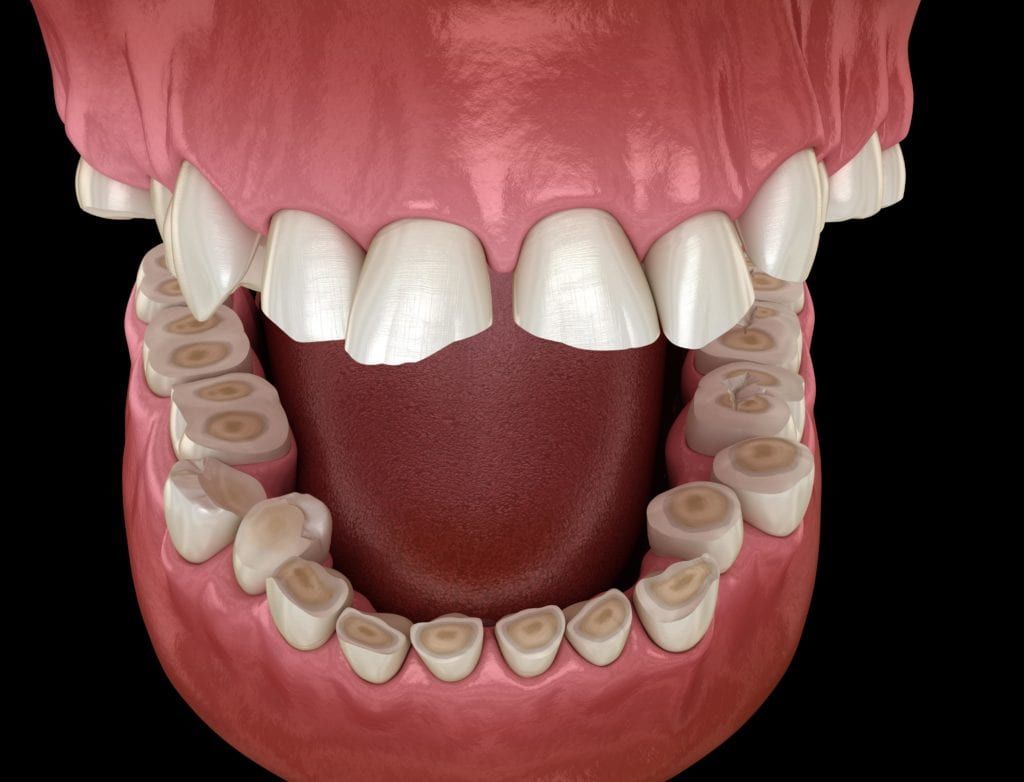What is Dental Erosion?
Although many people think of their teeth as simply being tiny bones in their mouth, this is not the case. After all, teeth cannot regenerate the same way bone does and bones don’t develop cavities. Additionally the outer layer of your teeth is known as the enamel and it is harder than bone. In fact, tooth enamel is the strongest material in your entire body.
At this point you are probably wondering why you get cavities if tooth enamel is stronger than bone. The simple answer is it has something to do with the composition of tooth enamel, as well as the few ways that it can be damaged. Even being the strongest material in the human body, tooth enamel is by no means indestructible.
Tooth enamel is composed of hydroxyapatite, which is the scientific term for calcium and phosphate molecules that are arranged in a crystalline formation. It is these components and their structure that gives tooth enamel its strength. In fact, tooth enamel contains the highest concentration of minerals and is 96% minerals.
Unfortunately, however, being highly mineralized also means that tooth enamel can be demineralized. Demineralization is a process triggered by acid where the mineral concentration is reduced, thus weakening the enamel. While tooth enamel is capable of remineralizing after being exposed to acid, excessive amounts of acid can eventually stop remineralization. This ultimately results in dental erosion.
Dental erosion has various causes, including:
Medical Conditions

Certain medical conditions can contribute to or cause dental erosion. One of the most popular conditions to cause dental erosion is GERD due to the teeth being repeatedly exposed to stomach acid, which is highly acidic. However, medical conditions that cause frequent vomiting can also expose the teeth to stomach acid and can be problematic as well.
Diet
As with most other things, your diet can affect your tooth enamel. Regularly eating and drinking foods and beverages that contain a high acid content will also increase the acid concentration in your mouth. This can eventually prevent the teeth from remineralizing and can lead to dental erosion.
Xerostomia
Xerostomia is the scientific term for dry mouth, which is a condition that causes decreased salivary production. It can be the result of aging or even due to certain medications. Regardless of the cause, dry mouth can cause dental erosion due to a lack of saliva. This is because saliva contains necessary minerals to remineralize the teeth and it can also regulate acid concentration within the mouth.
Bruxism

When one grinds or clenches their teeth, it is known as bruxism. Although bruxism is the only thing on this list not caused by acid, it can make the problem of dental erosion worse. This is because the grinding or clenching to two teeth together can cause damage alone. When the enamel has already been weakened by acid attacks, however, the damage associated with bruxism can amplify.
As you can see, teeth are not tiny bones and are instead composed of enamel. Even with being the strongest substance in the human body, however, enamel is still susceptible to damage stemming from acid. In fact, it is the regular exposure to highly acidic substances that demineralizes tooth enamel and can lead to dental erosion.
Dr. Claudia Wood completed her dental training at University of Detroit Mercy Dental School. She has worked in Detroit, Gross Point and Warren Michigan for two years. She returned home to Canada in 2006 where she worked with Dr. Trevor Mair in Scarborough from 2006 to 2011. Her clinical experience includes two years working at Detroit Receiving Hospital, one of the busiest hospitals in the U.S., and volunteering in Haiti in 2006 for 10 days.






